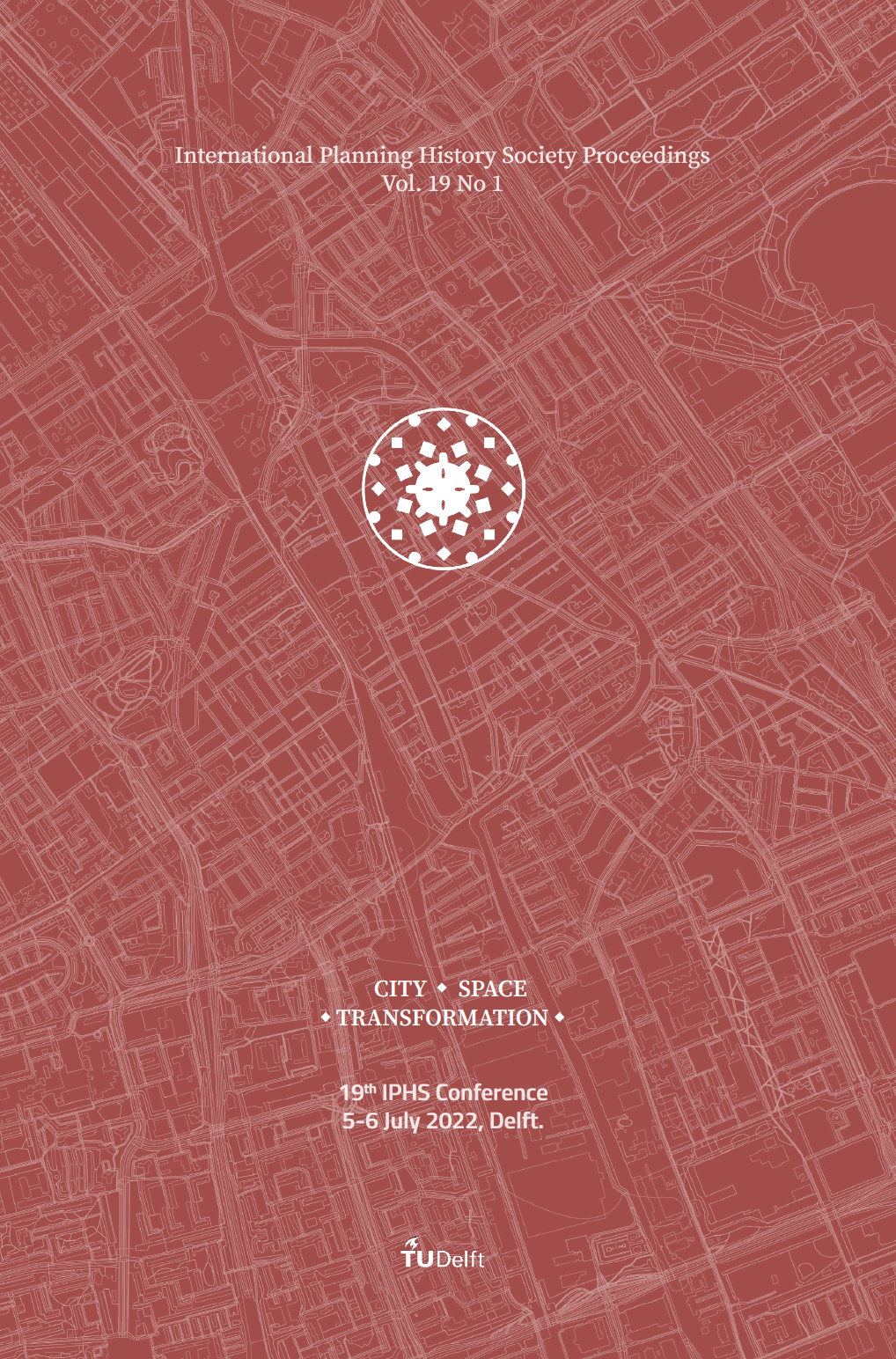Francoism and the triumph of home ownership, 1939-1975
the case of Nou Barris
DOI:
https://doi.org/10.7480/iphs.2022.1.6475Abstract
The various responses to the economic situation and the excruciating issue of housing during the long, unstable period of Franco’s regime, during which there was high immigration and steep growth in large cities, led to the consolidation of high percentages of homeownership. Homeownership was particularly notable in the working-class suburbs of urban agglomerations. This was a real cultural mutation that, due to its divergence from European housing policies, is a good focus of analysis to explore some specific characteristics of the housing problem during the Franco regime. Through a literature review and the use of primary sources (building permits, building and housing censuses and population registers), the ongoing research on Barcelona questions whether the divergence from other European countries is mainly a Falangist cultural legacy, as suggested recently, or more closely related to the process of economic liberalisation. As greater access to homeownership coincided with a revolution in ways of living and new relations with the neighbourhood, it should also be questioned whether it influenced the high number of neighbourhood movements during the decline of Franco’s regime.
Downloads
Published
How to Cite
Issue
Section
License
Copyright (c) 2022 Manel Guardia Bassols, José Luis Oyón Bañales, Maribel Rosselló Nicolau, David Hernández Falagán

This work is licensed under a Creative Commons Attribution 4.0 International License.

